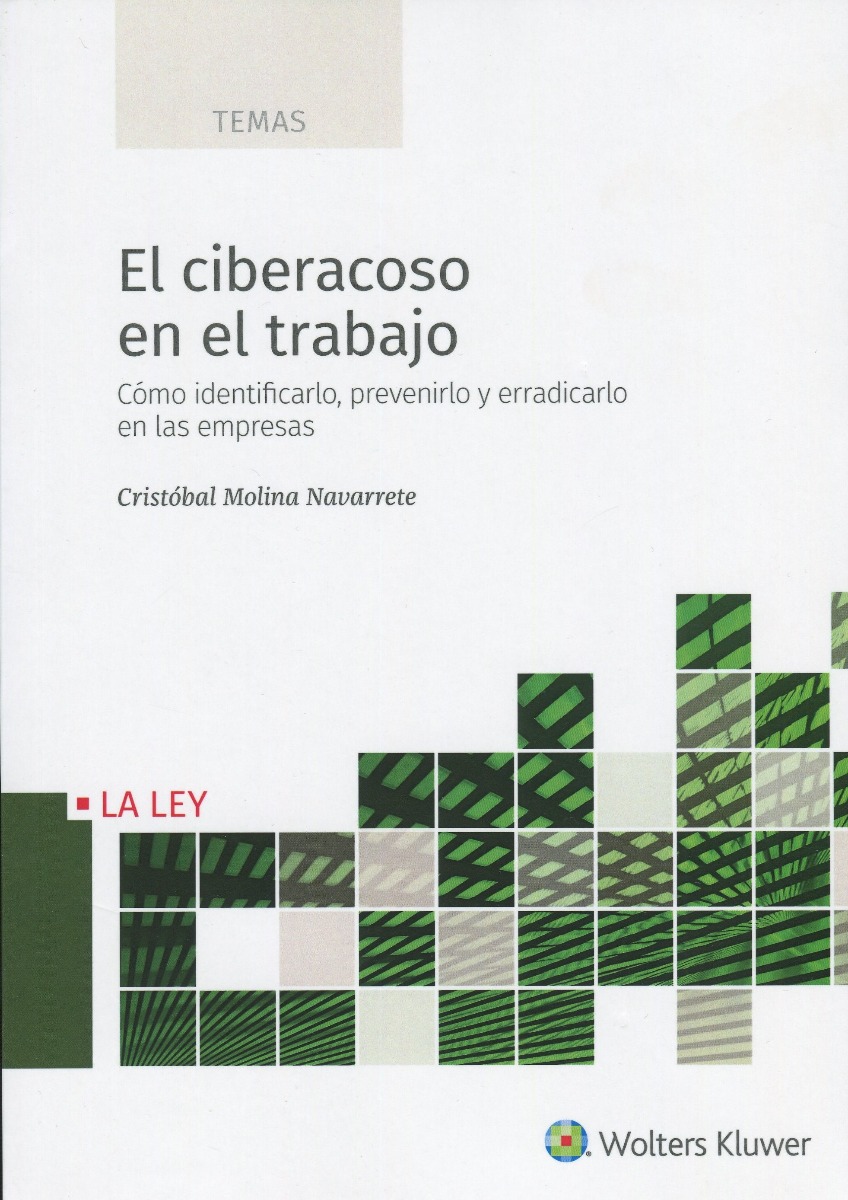In the last decade, the proliferation of billions of new Internet-enabled devices and users has significantly expanded concerns about cybersecurity. But should we believe the prophets of cyber war or worry about online government surveillance? Are such security concerns real, exaggerated or just poorly understood?
In this comprehensive text, Damien Van Puyvelde and Aaron F. Brantly provide a cutting-edge introduction to the key concepts, controversies and policy debates in cybersecurity. Exploring the interactions of individuals, groups and states in cyberspace, and the integrated security risks to which these give rise, they examine cyberspace as a complex socio-technical-economic domain that fosters both great potential and peril.
Structured around ten chapters, the book explores the complexities and challenges of cybersecurity using case studies – from the Morris Worm and Titan Rain to BlackEnergy and the Cyber Caliphate – to highlight the evolution of attacks that can exploit and damage individual systems and critical infrastructures. With questions for group discussion and suggestions for further reading throughout, Cybersecurity will be essential reading for anyone interested in understanding the challenges and opportunities presented by the continued expansion of cyberspace.
Figures, Tables and Boxes
Abbreviations
Acknowledgments
Introduction
1 The expanding scope of cybersecurity
2 What is cyberspace?
3 Governing cyberspace
4 Cyber capabilities and insecurity
5 National cybersecurity and strategy
6 Cyber war
7 Non-state threats: from cybercrime to terrorism
8 Organizing deterrence and defense in cyberspace
9 Cybersecurity and democracy
10 The futures
Bibliography
Index
AUTORES: DAMIEN VAN PUYVELDE y AARON F. BRANTLY















